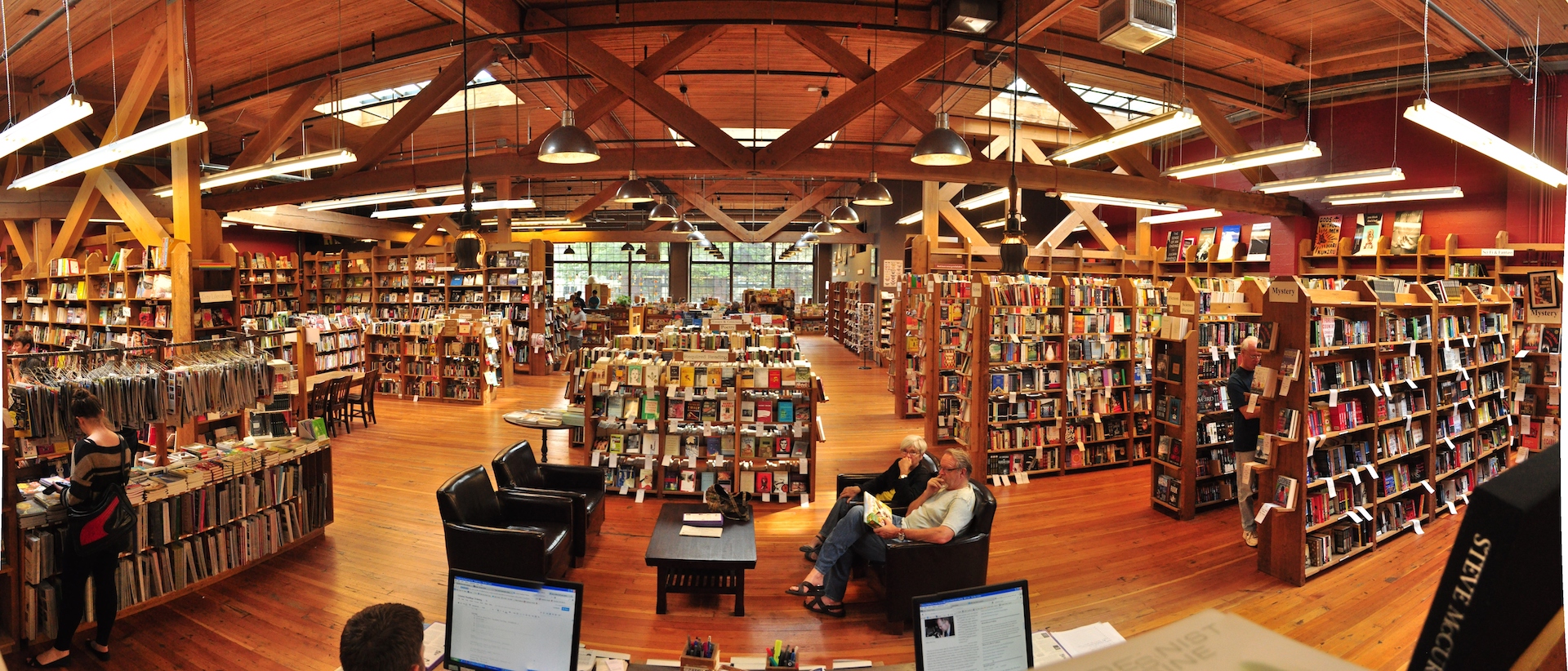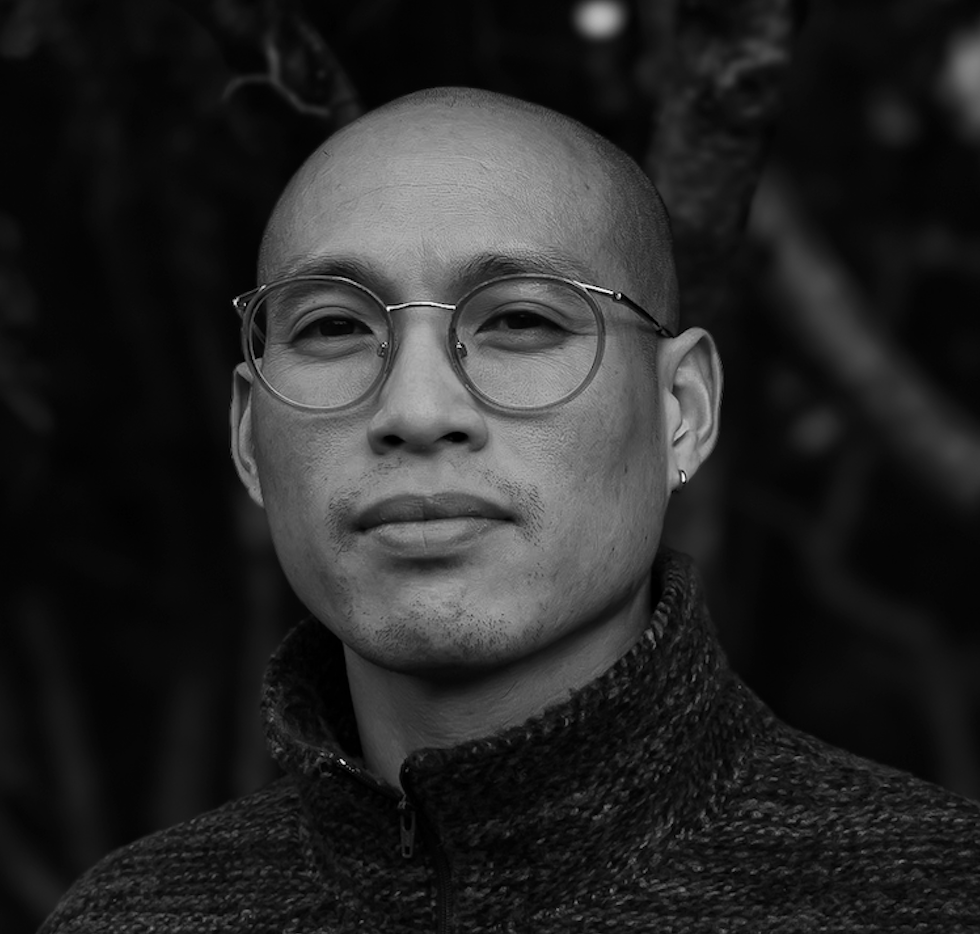I just finished reading my first science fiction book!
Up until three years ago, I really only read non-fiction books (e.g. The Power of Habit, Outlier) with the single purpose of expanding my intellectual knowledge. I read to increase my depth in a subject (e.g. programming) or read to pick learn about an entirely new subject (e.g. locksmithing). However, I’ve come to realize, after my wife pursuaded me to read the Harry Potter novels, that I can read for fun — no pressure to soak in new information.
So, about six months ago, my Italian colleague (who wears a heavy beard) from Dublin flew over to Seattle, where the Amazon headquarters lives. While he was in town, I suggested that, since he’s an avid reader, we swing by my favorite local, Seattle book store: The Elliot Bay.

So after work one day, we made plans to hit the book store so I launched the Lyft app (sorry, no Uber for me since reading Susan Fowler’s post that revealed the company’s rampant misogynistic culture) and popped in the destination address.
When we arrived at the bookstore, we scattered in different directions. While mindlessly sauntering, I recalled a memory of me visiting (about 8 months ago) my team’s office located in Dublin in order to ramp up as a new hire. One afternoon, I was sitting next to my colleague and on next to his laptop sat a thick, six inch novel — a science fiction book, the front cover painted with emerald green.
So, back to the book store. While we were walking up and down the various aisles at Elliot Bay, I leaned over and asked him if he could recommend me a science fiction book, a genre I was unfamiliar with and a genre that, up until that point, I had zero interest in. As if he was born for this very moment, he scuttled over from the poetry aisle over to the science fiction section and began scanning the shelf, his index finger running horizontally along the books, his focused eyes rapidly reading the titles. And then, he stopped. He gripped a tiny blue paperback, the title boldly printed with: Caves of Steel.

I ended up purchasing the book but maintained my low expectations. I had always imagined that science fiction was too abstract, a genre rammed with plots and story lines that disconnect from anything resembling reality. I preferred literary novels — To kill a mockingbird, Boys in the boat; novels that capture the human struggle. Science fiction is just unrealistic, right?
I couldn’t have been more wrong.
I absolutely fell in love with the book (and the genre) and blasted through it within a couple days. Although the book centered around robots, the plot was not so farfetched. In fact, reading page after page, I found myself empathizing with the main character, Elijah, a police detective who laments working with his robot partner and who fears that one day, he’ll be automated out of a job.
The book was written and published in the 1950s and the author — Asimov, the defacto father of robots — paints such a realistic picture of the dystopian future, a future not so out of the question, considering that I currently live in a modern day dystopia: net neutrality was killed in the US today. Furthermore, after finishing up the first book in the series — I’m now on to the second book, The Naked Sun — I can better understand how Elon Musk’s vision (immigrate to outer space) was shaped by Asimo.
In short, if you think that science fiction only appeals to a certain group of people, do yourself a favor and go pick up one of Asimov’s books (e.g. iRobot, Caves of Steel) and I promise you that you’ll lose yourself in the plot, in the writing, in science fiction.
